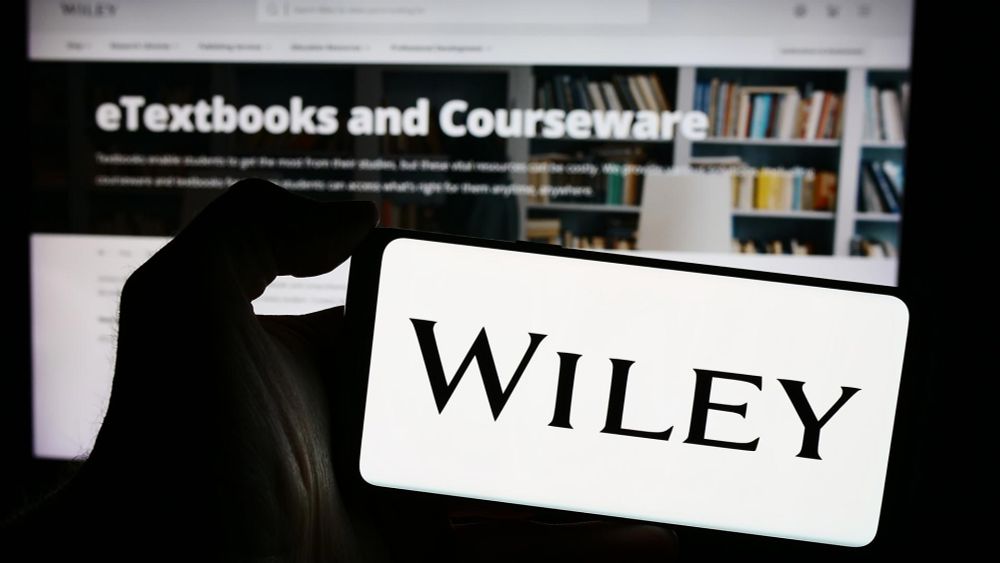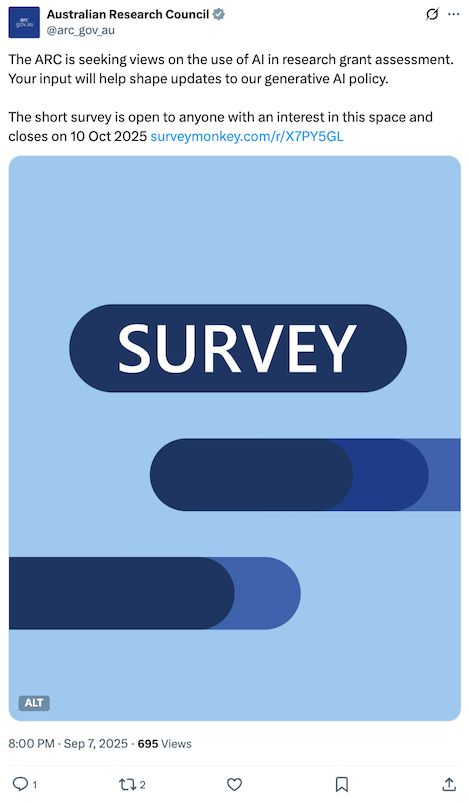Cassie Speakman
@cassiespeakman.bsky.social
380 followers
300 following
44 posts
Postdoc at FRB-CESAB. I use ecological models to predict the impacts of environmental change and management strategies on wildlife populations. Currently working on small carnivores in the DISCAR project.
Website: https://cassiespeakman.github.io/
Posts
Media
Videos
Starter Packs
Pinned
Reposted by Cassie Speakman
Reposted by Cassie Speakman
Reposted by Cassie Speakman
Reposted by Cassie Speakman
Reposted by Cassie Speakman
Reposted by Cassie Speakman
Reposted by Cassie Speakman
Reposted by Cassie Speakman
Reposted by Cassie Speakman
Reposted by Cassie Speakman
Reposted by Cassie Speakman
Reposted by Cassie Speakman
Reposted by Cassie Speakman
Reposted by Cassie Speakman
Reposted by Cassie Speakman
Reposted by Cassie Speakman
Steven J Cooke
@sjcfishy.bsky.social
· Sep 4

The lab-field continuum in conservation physiology research: leveraging multiple approaches to inform policy and practice
Abstract. In the field of conservation physiology, there is often a trade off between conducting research in controlled laboratory settings or in inherentl
academic.oup.com
Reposted by Cassie Speakman
Reposted by Cassie Speakman
Judy Dunlop
@judydunlop.bsky.social
· Sep 2
Reposted by Cassie Speakman























